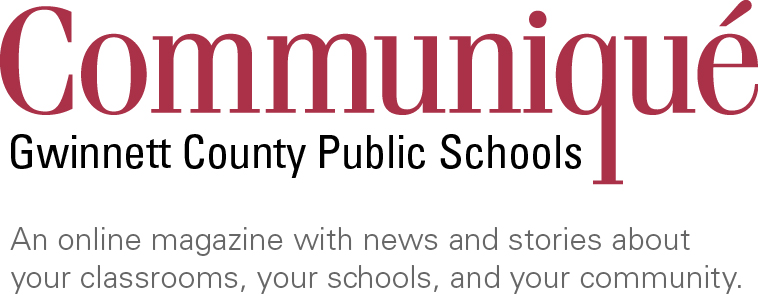With young children, every moment is an opportunity to learn! And parents are a child’s first teacher. Here are tips to support your preschooler, rising kindergartner, or new reader:
Read, read, read! Read, read, read with your child! Books that have repeating lines or are lyrical in nature are appealing to young children and are a great way to increase communication skills and participate in the reading of the book. When you read together, he’ll learn that books are fun and will want to read himself.
Talk the talk. Reading is interactive. As you read with your child, ask questions and be responsive to comments she is making to start a reading conversation.
Read and Tell. When reading favorite books, ask your child to use the pictures to retell the story.
Predictable is enjoyable. Before starting a book, look at the pictures and have your child predict what the story might be about. Children are more receptive to the story if they know a little bit about it.
Take the story a step further. Extend a story by asking “what would happen if…”
Identify the author and illustrator of the book. Talk about how an author writes the words and an illustrator creates the pictures.
Tech-enhanced reading. Take advantage of your “digital native.” Kids today are surrounded by technology— embrace it. Allow your child to watch educationally focused videos or play online games or apps that you have previewed or that your child’s teacher recommends.
Read by “touch.” Give your child fun ways to learn letters. Tracing in shaving cream or sand may be messy, but it provides great entertainment and fine motor work for children. Keep magnetic letters “corralled” on a metal cookie sheet, or displayed on the refrigerator at “kid level.”
Art(ful reading). Allow your child’s artistic side to shine. Ask him to draw pictures about books you have read together. Your child can draw the characters, his favorite part of the story, even an alternate ending.
Word games. Play word games with your child. Games for rhyming families— the fat cat caught a rat in a hat— are especially fun and helps develop the early letter awareness skills necessary for learning to read. Ask your child to think of as many words as she can that rhyme with big (dig, fig, rig, pig) and hen (den, Ben, pen, ten). Nonsense words like hig, lig, wen, and gen are okay. It’s about recognizing that the sounds rhyme. This is a fun game with any short word.
Save the (print) environment. When watching TV or taking a walk, ask your child to identify logos, find the letters of her name in signs, or point out other environmental print. (This big green sign says the name of our street.) You will reinforce that letters make up words and words have meaning. Both are critical to future reading success.
Sound it out. Ask your child to choose a letter and talk about the sounds or sounds that letter can make. Work together to make a list of as many words as you can think of with that letter sound.
We’ll be sharing more tips so watch for the next installment of DLD Daily Dozen!

